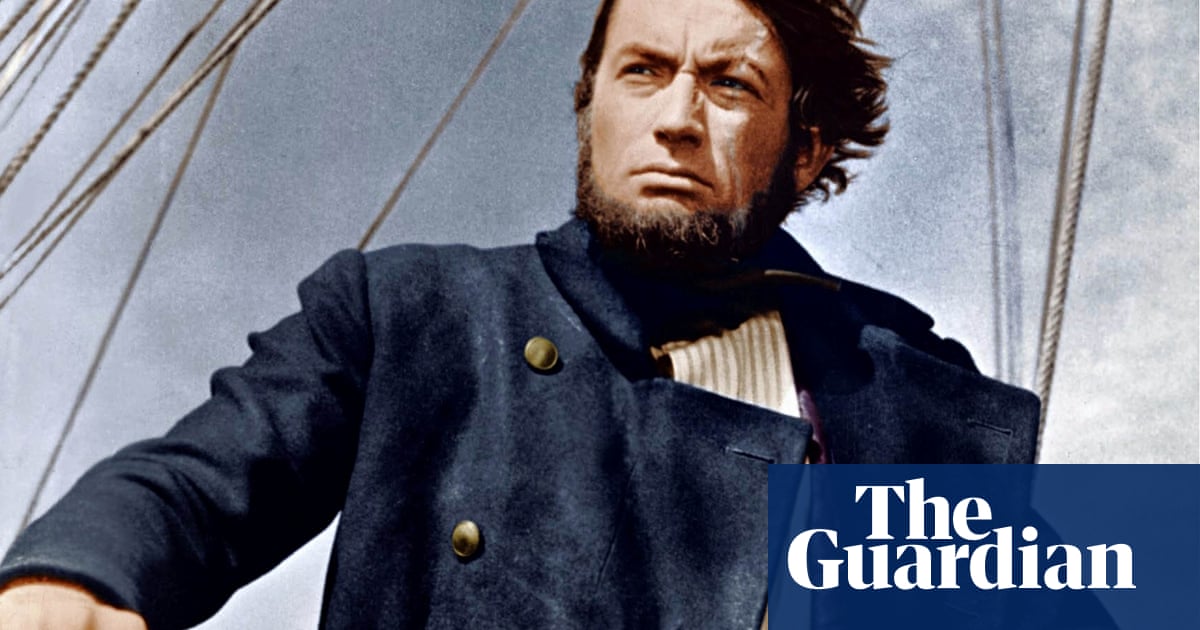In Herman Melville’s classic novel Moby-Dick, the struggle for control of the Pequod between Captain Ahab and Ishmael is a central theme. Ahab’s obsession with destroying the massive white whale, Moby Dick, puts the crew in danger, while Ishmael’s more collaborative approach maintains order. Ahab’s authoritarian leadership style creates fear among the crew, while Ishmael’s level-headedness earns him respect and trust. The conflict between the two characters highlights the different styles of leadership and the dangers of obsession, ultimately leading to the destruction of the ship and underscoring the importance of rationality and survival.
Captain Ahab vs. Ishmael: The Struggle for Control of the Pequod
Introduction
Herman Melville’s classic novel Moby-Dick tells the story of the ill-fated voyage of the Pequod, a whaling ship captained by the obsessed Captain Ahab. Throughout the novel, Ahab and the ship’s narrator, Ishmael, engage in a complex struggle for control of the Pequod. Ahab seeks revenge against the massive white whale, Moby Dick, who took his leg on a previous voyage, while Ishmael navigates the perilous journey and attempts to maintain order among the crew.
Characterization of Ahab and Ishmael
Ahab is a formidable force on the Pequod. He is driven by his singular desire to destroy Moby Dick and is willing to risk everything, including the lives of his crew, to achieve his goal. His charisma and force of will are undeniable, but his obsession often blinds him to the reality of his situation. Ishmael, on the other hand, is a more introspective character. As the narrator of the story, he provides a detached, objective viewpoint that is essential to understanding the events on the Pequod. He is level-headed and rational, always striving to keep a cool head in the face of danger.
Ahab’s Control of the Crew
Ahab exerts a powerful influence over the crew of the Pequod. His force of will and charisma are evident from the beginning of the voyage, and he quickly establishes himself as the undisputed leader of the ship. Ahab’s control over the crew is largely rooted in fear. He is unpredictable and prone to fits of rage, which makes the crew fearful of crossing him. However, Ahab’s obsession with Moby Dick also makes him vulnerable. His single-minded focus on the whale often leads him to ignore the needs of the crew, which can lead to mutiny.
Ishmael’s Influence on the Crew
In contrast to Ahab’s authoritarian leadership style, Ishmael’s influence over the crew is rooted in his ability to maintain order and keep the men focused on their work. Ishmael is a calming presence on the ship, and his level-headedness and rationality earn him the respect and trust of the crew. Ishmael is also a skilled whaleman, and his experience and expertise make him an important member of the crew. Ishmael’s influence on the crew is largely based on his ability to work collaboratively with them, rather than simply commanding them.
The Conflict Between Ahab and Ishmael
Throughout the novel, Ahab and Ishmael engage in a subtle struggle for control of the Pequod. Ahab is the captain of the ship, and his authority is unquestioned by the crew. However, Ishmael is the narrator of the story, and his perspective is essential to understanding the events on the Pequod. Ishmael’s observations and insights often challenge Ahab’s worldview, and he is not afraid to confront the captain when necessary. This creates a tension between the two characters, as Ahab sees Ishmael as a threat to his authority, while Ishmael sees himself as a check on Ahab’s dangerous obsession.
The Outcome of the Conflict
Ultimately, the conflict between Ahab and Ishmael comes to a head in the climactic battle with Moby Dick. Ahab’s obsession with the whale blinds him to the danger he poses to himself and his crew, and his reckless pursuit of revenge leads to the destruction of the Pequod. Ishmael is the lone survivor of the disaster, and his survival underscores the importance of his more measured approach. Ahab’s obsession ultimately proves to be his downfall, while Ishmael’s rationality and level-headedness allow him to survive.
Conclusion
In conclusion, the struggle for control of the Pequod between Ahab and Ishmael is a central theme of Herman Melville’s Moby-Dick. Ahab’s authoritarian leadership style and singular obsession with Moby Dick put the crew in danger, while Ishmael’s more collaborative approach helps maintain order and keep the men focused on their work. While Ahab exerts a powerful influence over the crew, his reckless pursuit of revenge ultimately leads to the destruction of the ship. Ishmael’s survival underscores the importance of rationality and level-headedness, and his perspective as the narrator creates a tension between himself and Ahab. The conflict between these two characters highlights the different styles of leadership and the dangers of obsession.
